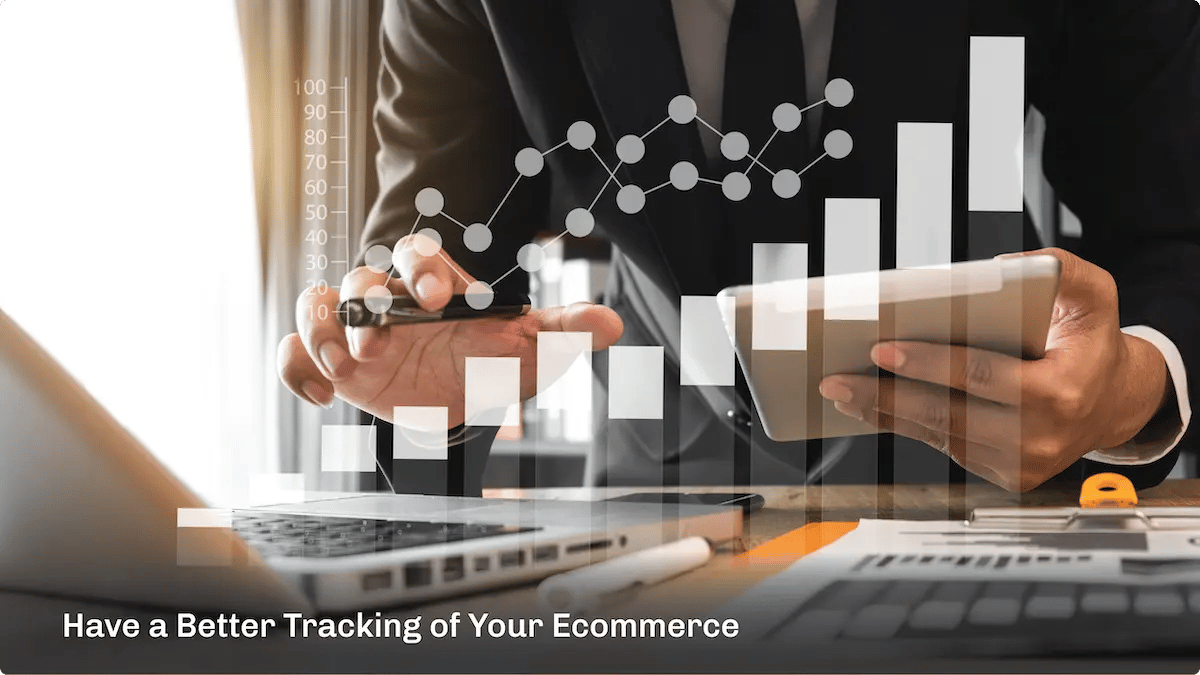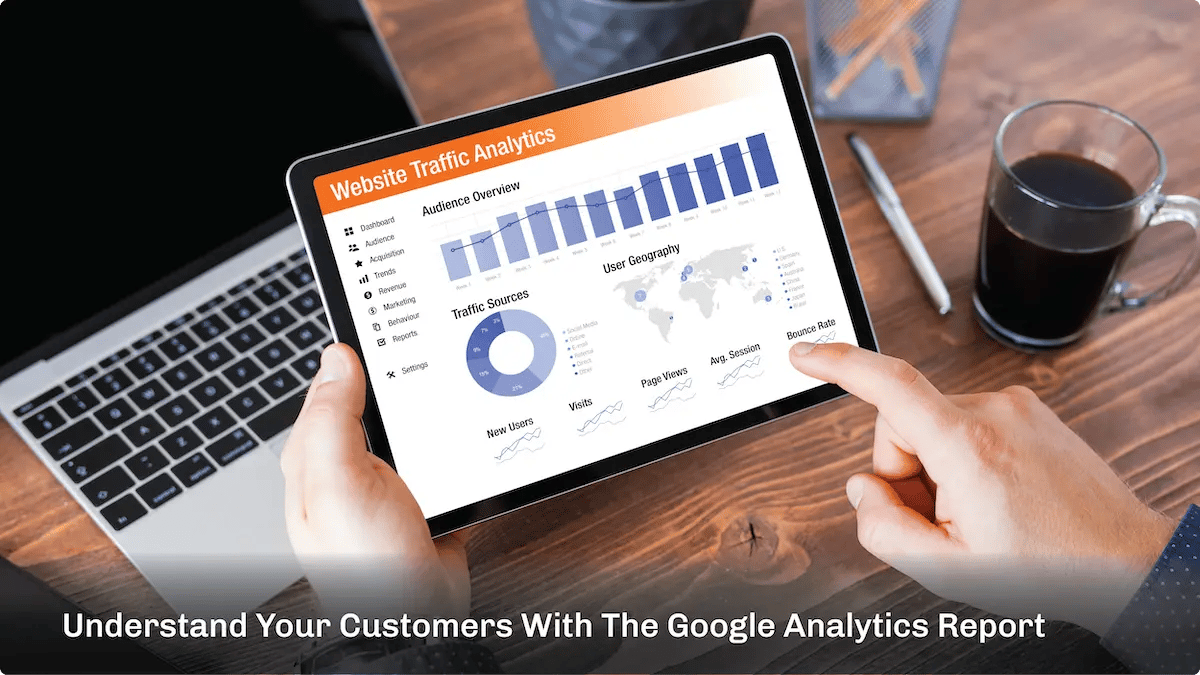If you want to grow your Ecommerce store, there is no shortage of different tips, tricks, and approaches that you can utilize to help your company thrive in today’s online world. However, very few tools can provide the insight that Google Analytics does.
This free platform will help highlight different insights and information that could help you improve the understanding of your target market of consumers, your website, and how you’re performing on the world wide web.
Google Analytics can be the insider information you need in order to help your business thrive. Are you ready to see what Google Analytics can do for you?
Ecommerce Google Analytics |
What is Google Analytics?
Before diving into all of the ins and outs of Google Analytics and the important insights that every user should know about this platform, let's define what this tool is.
Google Analytics provides reports, features, and metrics specific to Ecommerce. There is a free version as well as paid analytics tools that growing businesses can utilize.
This includes one of the most popular analytic tools, Ecommerce Tracking. This is a Google Analytics feature that tracks shopping activity on a website in an effort to track and analyze transaction data, revenue, and even products sold.
Google Analytics is completely free, and with every new roll-out and update of the platform, Google aims to make this system even more user-friendly. However, that doesn’t mean that there isn’t a significant learning curve for new users who are attempting to figure out the ins and outs of Google Analytics. Here are the steps to not only getting started with Google Analytics but making sure that you are using it to your advantage.

Why Do Ecommerce Stores Need Google Analytics?
The first and most important thing that any new user can do with Google Analytics is to run basic reports. These reports will give you insights into how your Ecommerce business is doing and help you answer important questions about your company’s performance and behavior.
This includes insights such as:
- Which products on your website are viewed the most
- Which devices (laptop, smartphone, etc) people are using to visit your website
- Which marketing campaigns or channels are bringing low-quality traffic to your website, or people who only visit for a few minutes and then leave
- Which pages on your website drive the most revenue for your business
- How much time, on average, people are spending on a particular page on your website
- What percentage of website visitors are adding a product to their cart, and how many of those are actually checking out and making a purchase
- How much traffic you are getting from search engines as opposed to social media ads
- How many visitors are new to your site as opposed to returning visitors
This type of information can help you understand your business better and, most importantly, understand what you can do to help take your company to the next level. These reports can help you identify problems in your sales funnel so you can see if the issue is getting customers to your website or if it's something on your page that is preventing customers from actually checking out.
How Do You Set Up Google Analytics For Your Business?
If you want to see first-hand what the reports and insights from Google Analytics can do for you, then there is no better time to get started than the present. If you run your Ecommerce site on Shopify, all you need is a new Google Analytics account, the tracking code from your Shopify site, and a little time—then you’re all ready to go.
After you set everything up with your account, then it’s best to start with a handful of analytic reports. All of these reports can be completely customized, but if you’re new to the process, it’s best to start simple.
Once you are on your Google Analytics home page, there is a menu on the left where you can choose different report categories. Here are some of the most-utilized Ecommerce reports that online stores will want to start running right away.
- Monetization Reports. These will tell you how much money your website is making and details about the revenue generated. Every Ecommerce site wants to take a look at the dollars and cents, and these reports will break down all of the details you want to know.
- Demographic Reports. If you need insights on who your target market of consumers is for better marketing, then demographic reports are just what you need for better insights into who you want to target.
- Real-Time Reports. If you want to see what is happening on your Ecommerce site at the moment, including how many active visitors are on the site, then real-time reports are essential. This is a great report if you are having an online event, sale, or promotion.
- Engagement Reports. How are your website visitors actually interacting with your site? Are they reading your blog? What pages are most popular? What actions are most popular? Engagement reports can tell you all of this and more.
- Retention Reports. There’s a lot to learn about your target market of consumers, but one area that a lot of businesses miss has to do with retention. These reports will tell you how many returning visitors are coming to your website and let you learn a little more about their purchasing behavior.

Conclusion
As you get to know Google Analytics more and see the insights that different reports can provide you with, you can start customizing each category to better fit your company's needs. Google Analytics can completely change the way you navigate running a business online by providing smart insights into how your Ecommerce brand is performing.
 You've made it this far and you've learned so much. Congratulations!
You've made it this far and you've learned so much. Congratulations!
If you're looking to learn more about marketing or Ecommerce in general, feel free to reach out to us at: solutions@undigital.com
You May Also Like
These Related Stories

Ecommerce Analytics — How Can They Drive More Online Sales?

Marketing SWOT Analysis


